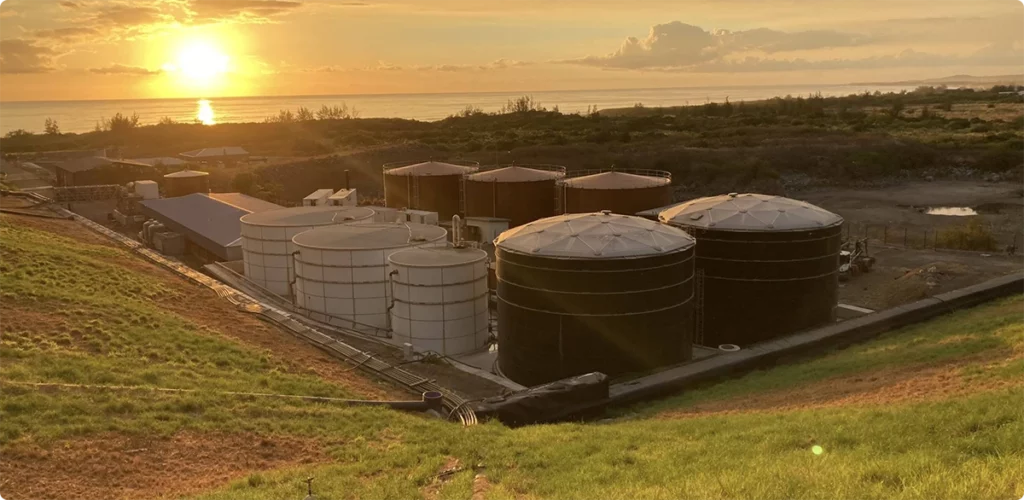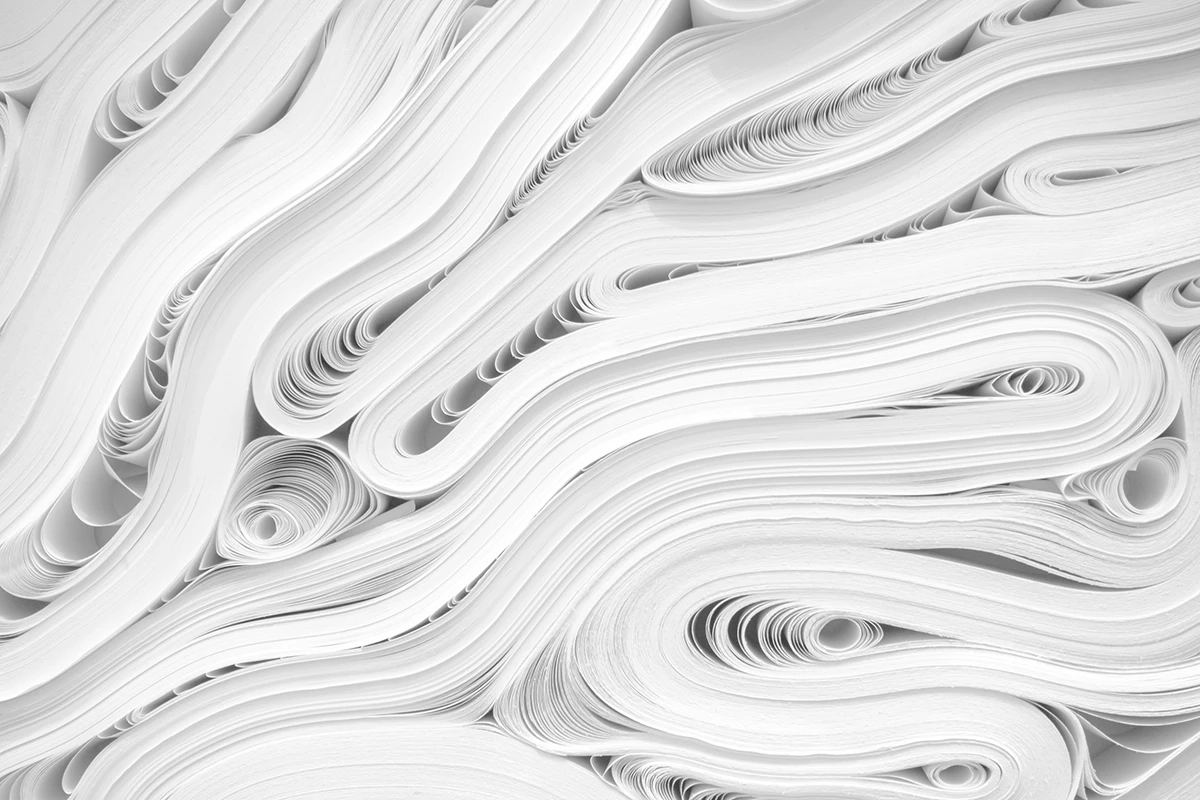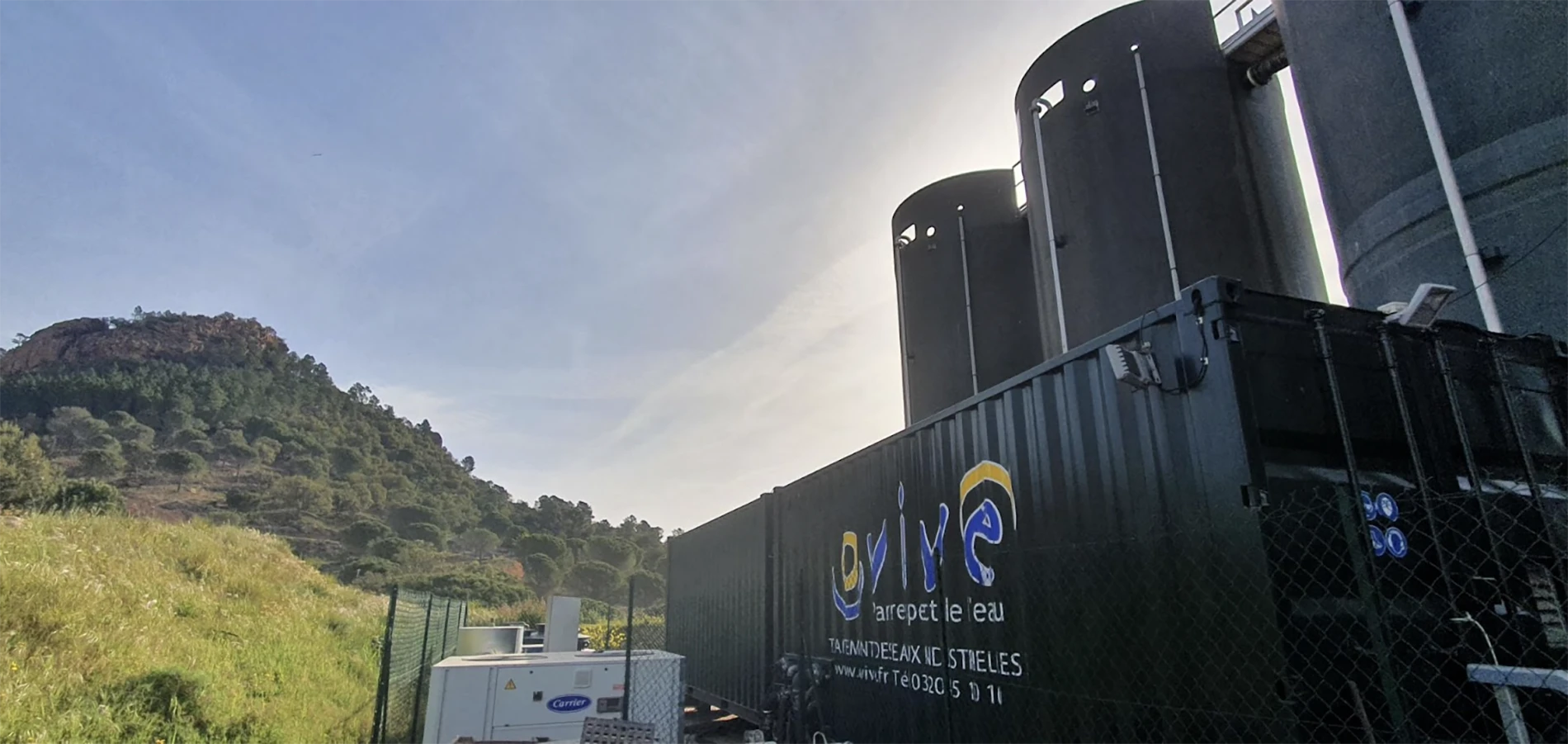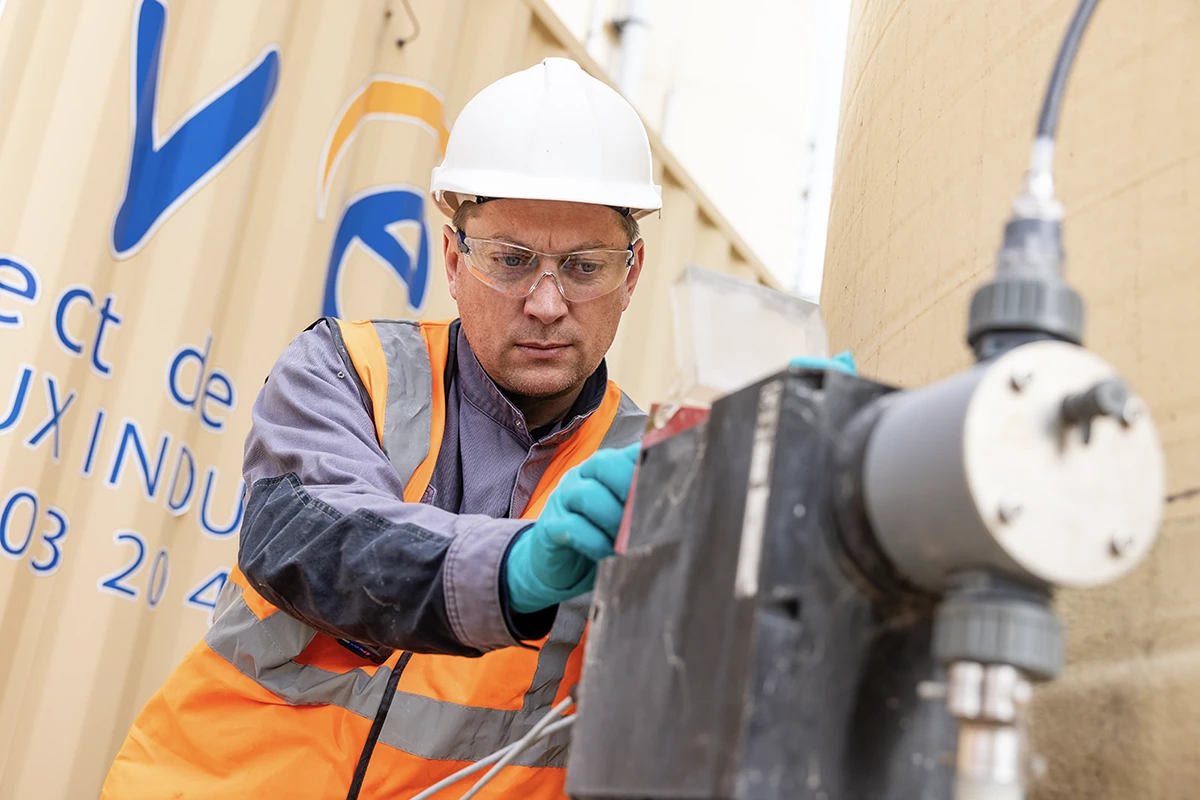Effluent treatment in the paper and cardboard industry
Reducing environmental impact through industrial water treatment
As a major consumer of water, the paper and board industry has an important role to play in reducing its environmental impact. Industrial water treatment and reuse are key elements in this effort to preserve natural environments and minimize water consumption. With more than 250 references in industrial water treatment, we have been helping manufacturers to manage their effluents since 1999.
Management of specific and heterogeneous effluents from the paper industry
The intensive use of water in paper and packaging production generates large quantities of wastewater. This sector has a multitude of applications:
- Graphic papers: press pairs, printing and writing papers
- Flat cardboard: various boxes, tubes and protective devices…
- Paper for corrugated board: cardboard boxes, fruit and vegetable crates, retail displays
- Hygiene papers: paper towels, tissues, wipes, super-absorbents…
- Special industrial papers: papers for banknotes and cheques, decorative papers, insulation, labels, siliconized products…
This wastewater is loaded with various contaminants, such as :
- Cellulose fibers: cellulose fibers that are not retained in the paper are discharged into wastewater.
- Mineral fillers: mineral fillers such as kaolin and talc are used to improve paper quality. They are also discharged into wastewater.
- Chemical agents: various chemical agents are used in paper and board production, such as bleaching agents, inks and dyes. These chemical agents may also be present in wastewater.
Paper and packaging industry effluents are therefore heterogeneous and complex (glue and ink rinsing water, varnish, etc.). The management of industrial water in paper and cardboard mills requires a solution that is specific to the production site, resilient and operational. In France, these solutions must also comply with strict standards to limit pollution of natural environments.

Discover all
our processes
Since 1999, Ovive has developed a wide range
of processes to meet the technical and operational needs of its industrial and leachate customers.
We meet the operational needs
of your business
Ovive offers a comprehensive solution to help you manage your effluents and preserve your water resources.We’re with you every step of the way, from design to day-to-day operation.
customer cases
Water treatment for environmental, economic and industrial performance
Water is an essential element in the paper and packaging industry. It is involved in every stage of the production process, from fiber conversion to manufacturing and plant cleaning. This dependence on water brings with it significant challenges. The sector must comply with strict regulations on wastewater management, while guaranteeing the economic performance and sustainability of its activities. Water management must therefore be aligned with strong production issues and offer a cost-effective solution. Treatment systems must be efficient to meet production and water quality requirements, while respecting the environment.
Industrial water management for paper and cardboard mills must be based on robust, reliable solutions that ensure environmental and health compliance. Processes such as membrane filtration and wastewater treatment reduce the amount of contaminants discharged into the environment. Water treatment units must be able to handle the different types of pollutants present in industrial effluents.
Preserving and reusing water resources
The paper and packaging sector is increasingly committed to sustainable development. Wastewater treatment helps protect the environment from pollutants. In an effort to be more economical, manufacturers are striving to reduce their water consumption. Wastewater reuse, or REUT, enables water to be reused for other applications, such as :
- irrigation,
- boiler or cooling water,
- dilution,
- cleaning,
reducing water consumption. Water reuse and reduced water withdrawal can generate significant savings for companies in the paper and packaging sector, and increase their resilience in the face of drought episodes. Modern treatment plants often include advanced filtration processes to guarantee water quality. For example, sand filtration systems are used to remove fine particles, while membranes can eliminate chemical contaminants.
The management of industrial water for paper and packaging includes a resource-saving and cost-efficient approach, and enables production to be more resilient. Treated effluent can then be reused in the manufacturing process, reducing the need for new water resources. This practice benefits both the environment and the companies’ economic activities. In France, several paper mills have already implemented innovative treatment systems, reducing their environmental impact.
Management of sludge produced during wastewater treatment
Treatment solutions must also manage the sludge produced during the purification process. These sludges may contain organic and inorganic matter, and require appropriate treatment before discharge or reuse. On-site sludge treatment processes, such as :
- thickening,
- dehydration,
- drying,
- stabilization,
are essential to minimize their environmental impact. Companies need to regularly measure the performance of their treatment systems to ensure that they are operating at optimum efficiency. Indicators such as effluent chemical oxygen demand (COD) are used to assess the efficiency of treatment processes. An environmental performance dashboard can help track progress and identify areas for improvement.
To maximize environmental and economic benefits, get in touch with Ovive! With our expertise and innovative solutions, we can help optimize industrial water management and achieve sustainability goals.





